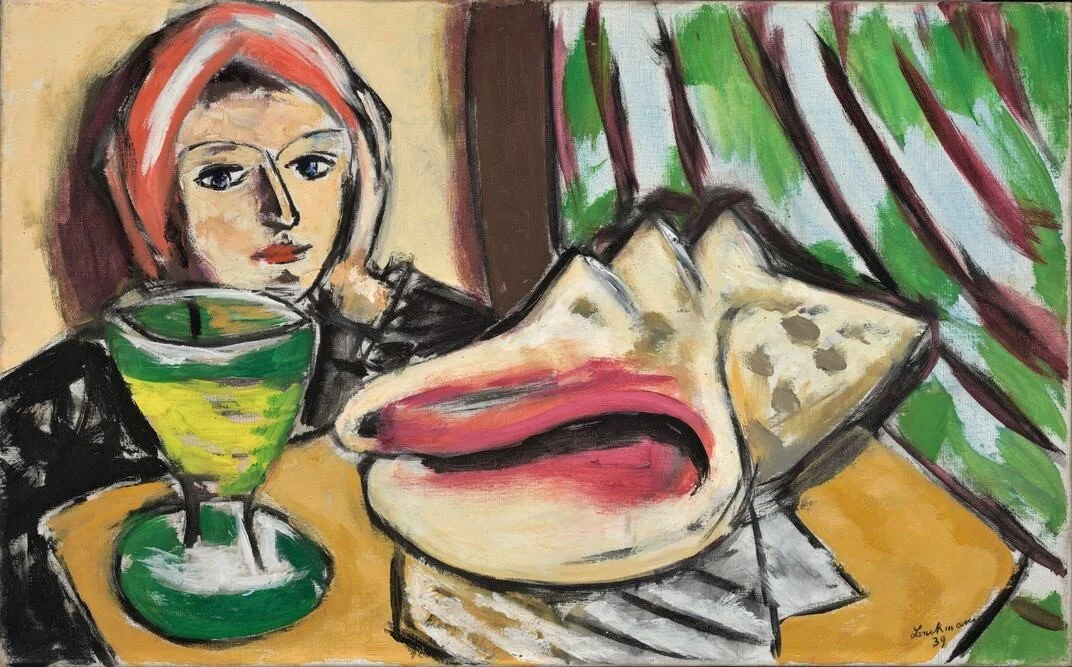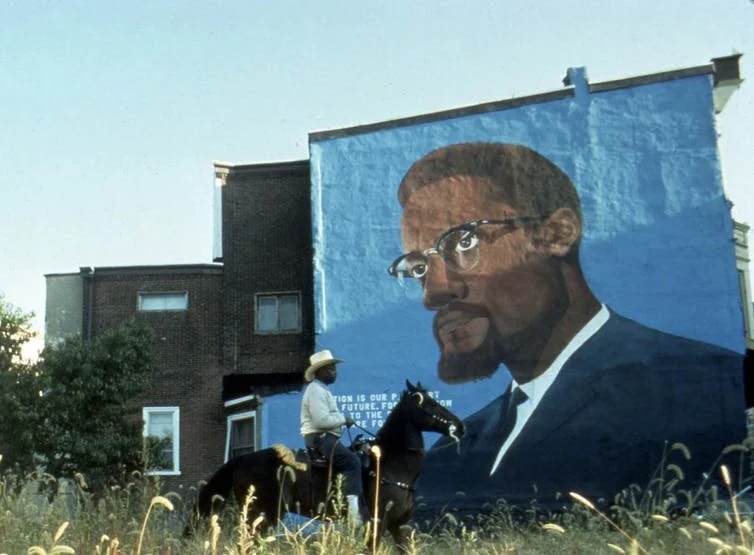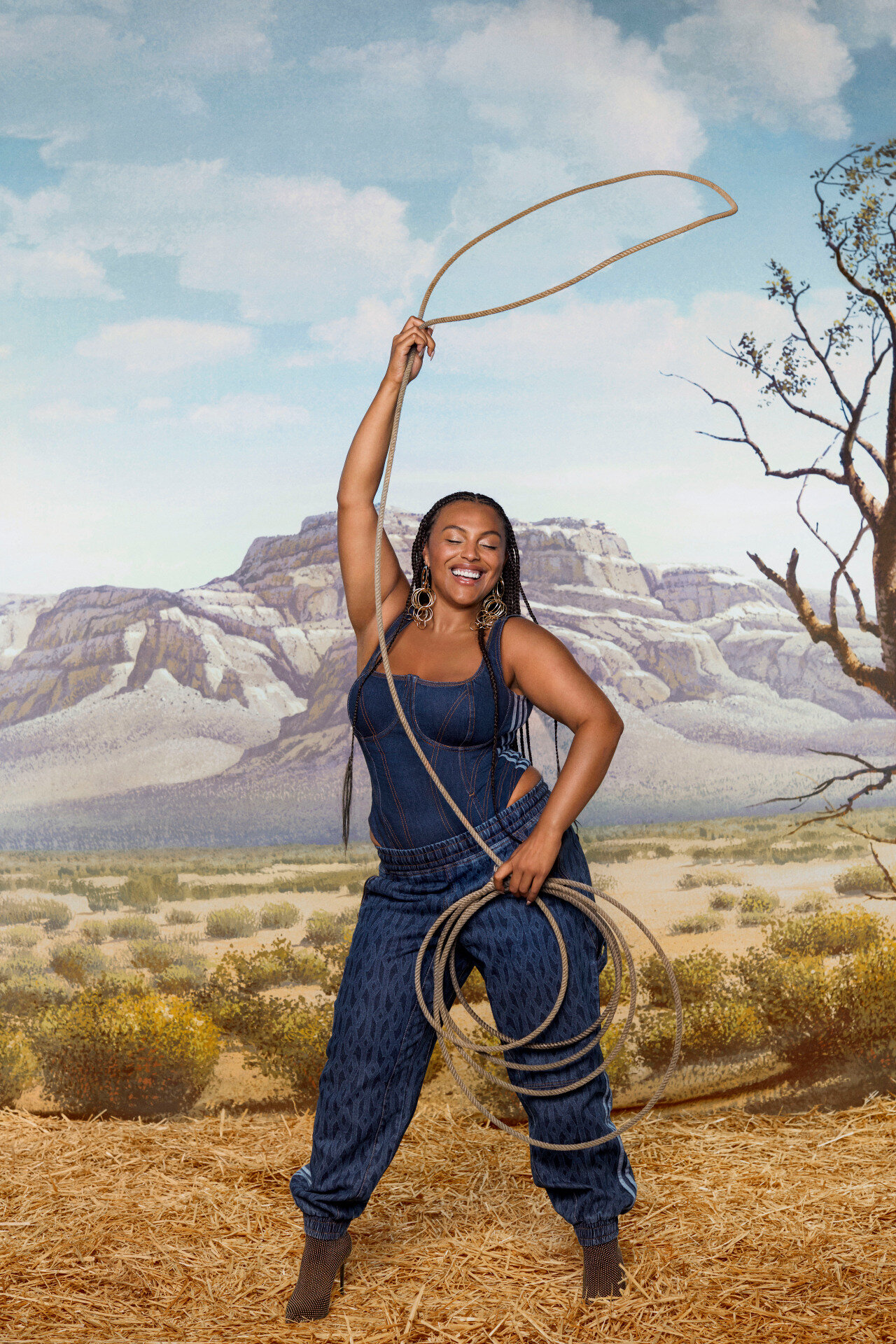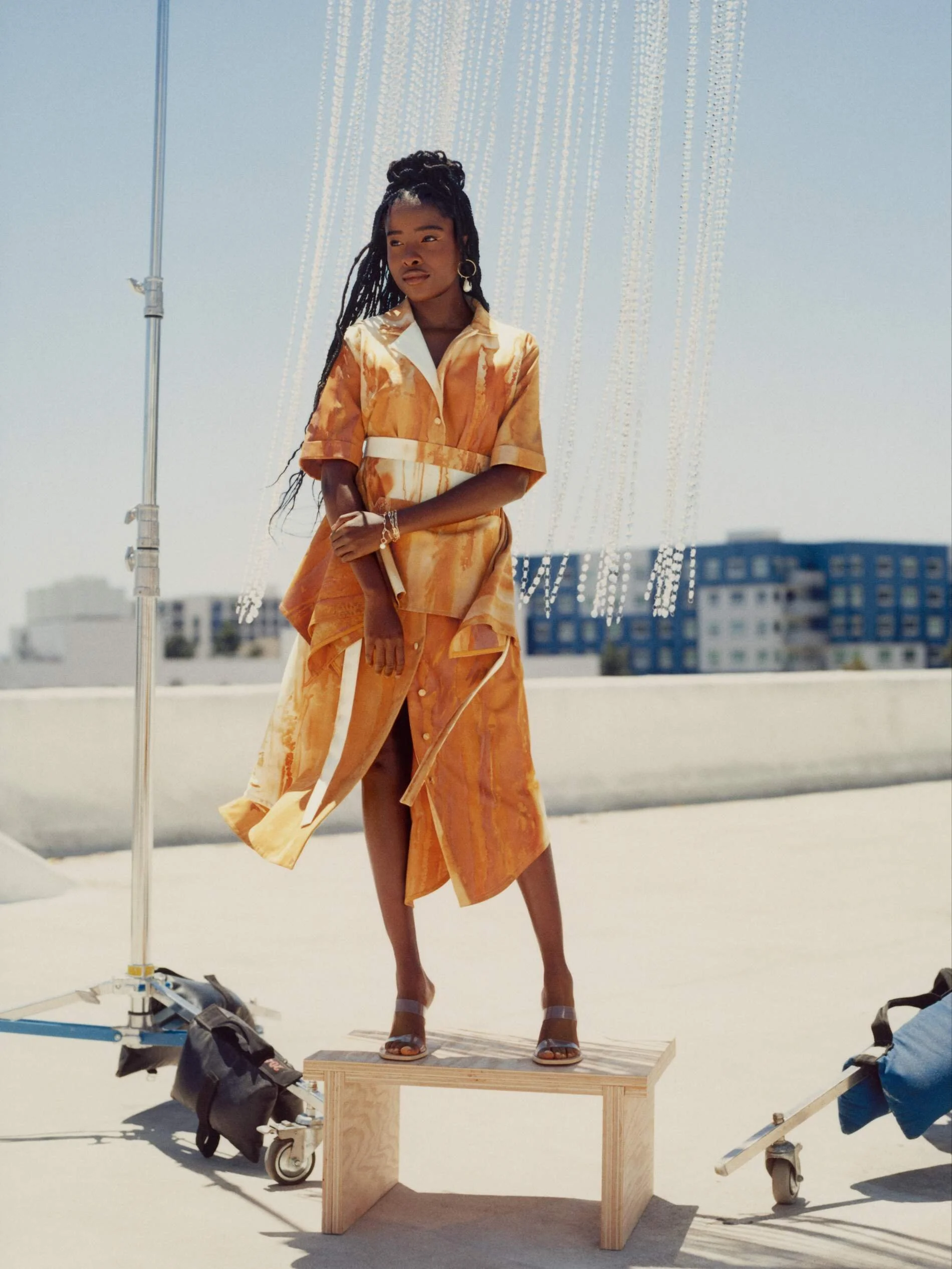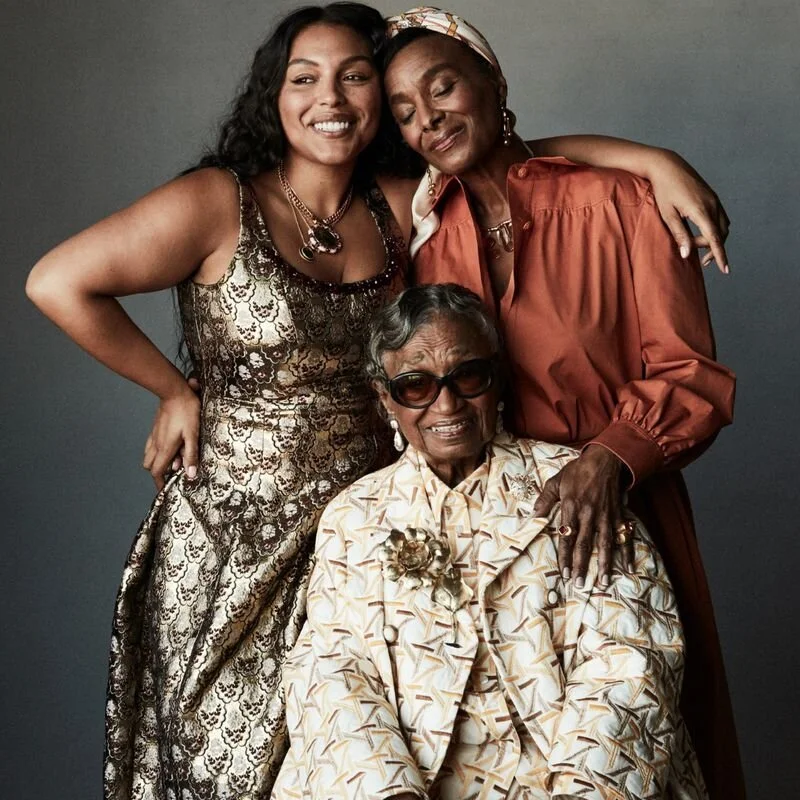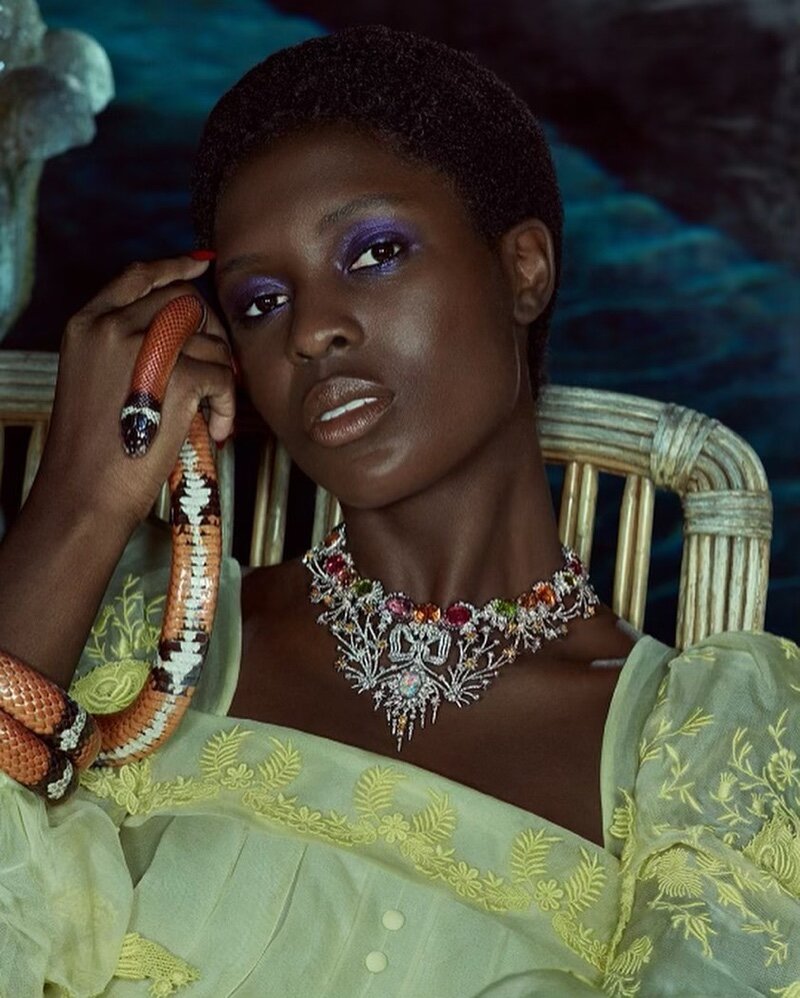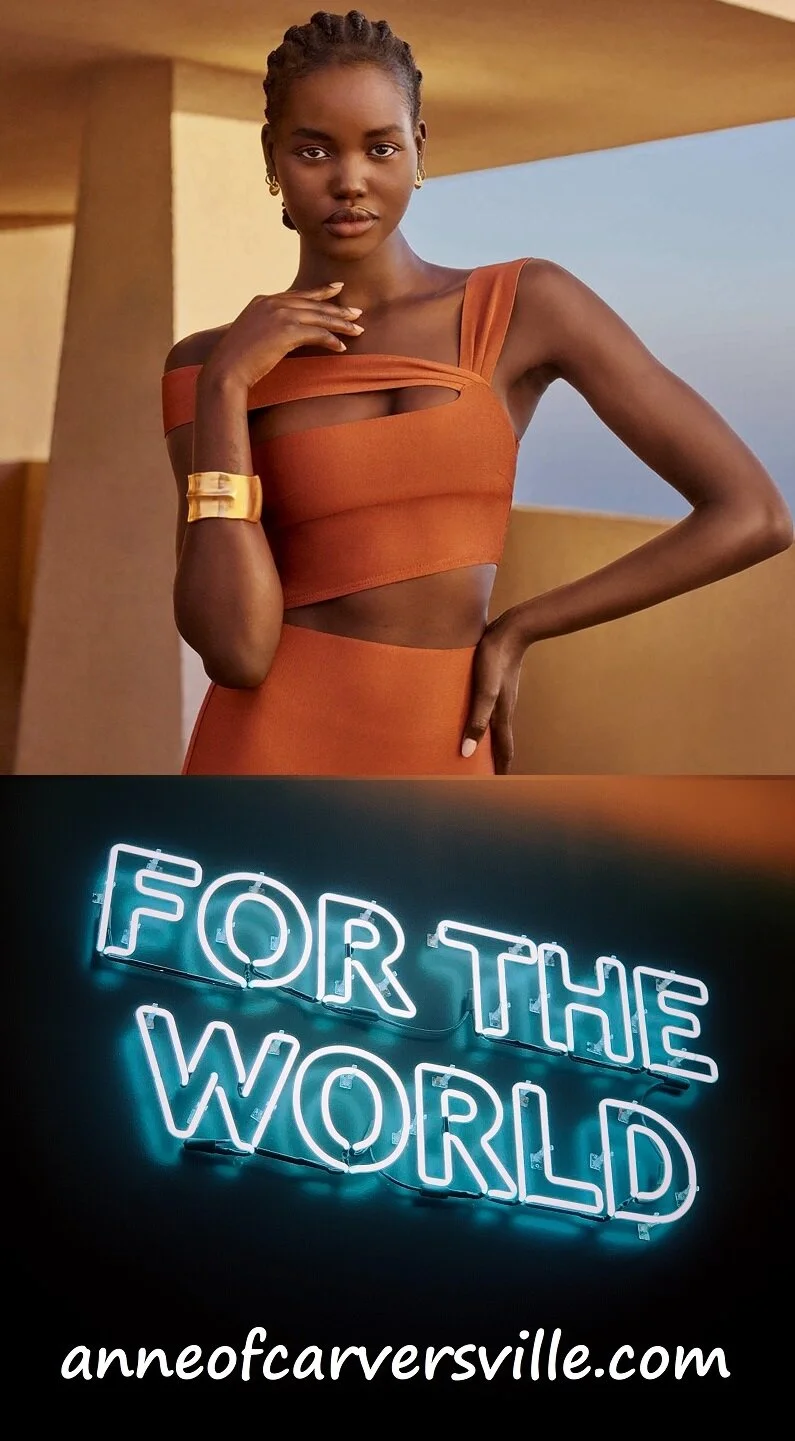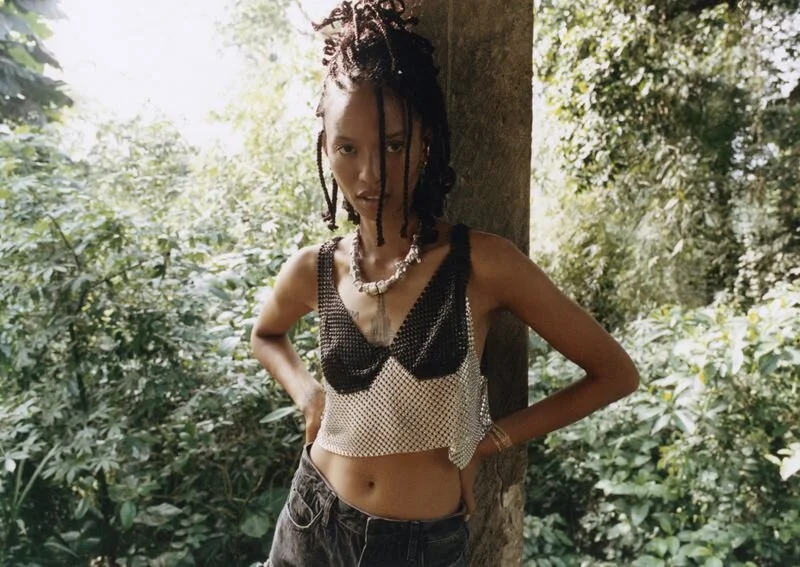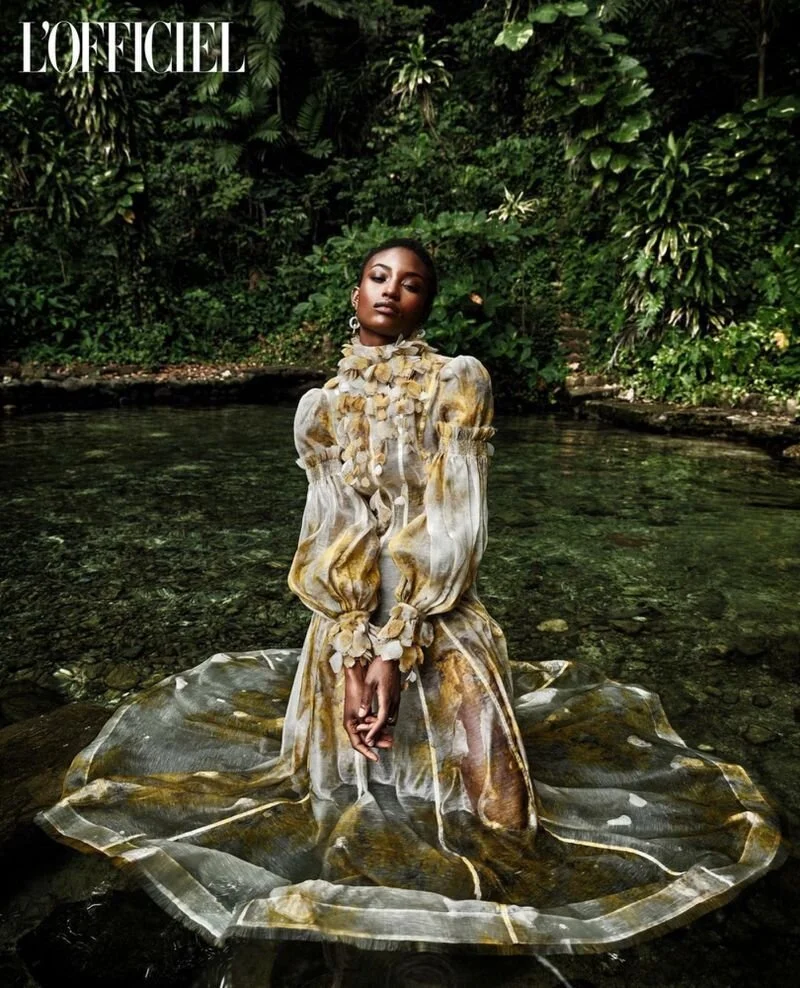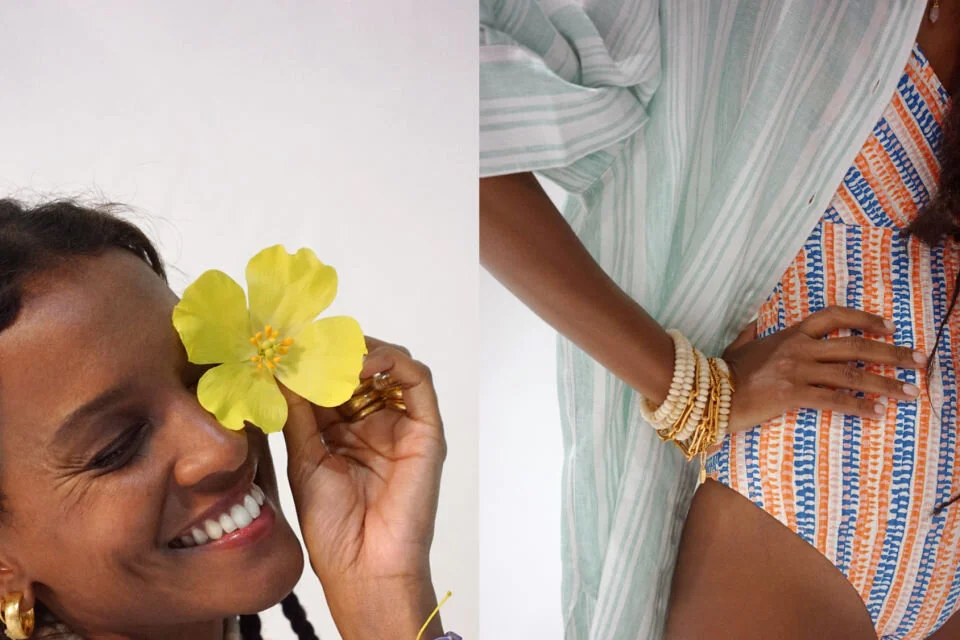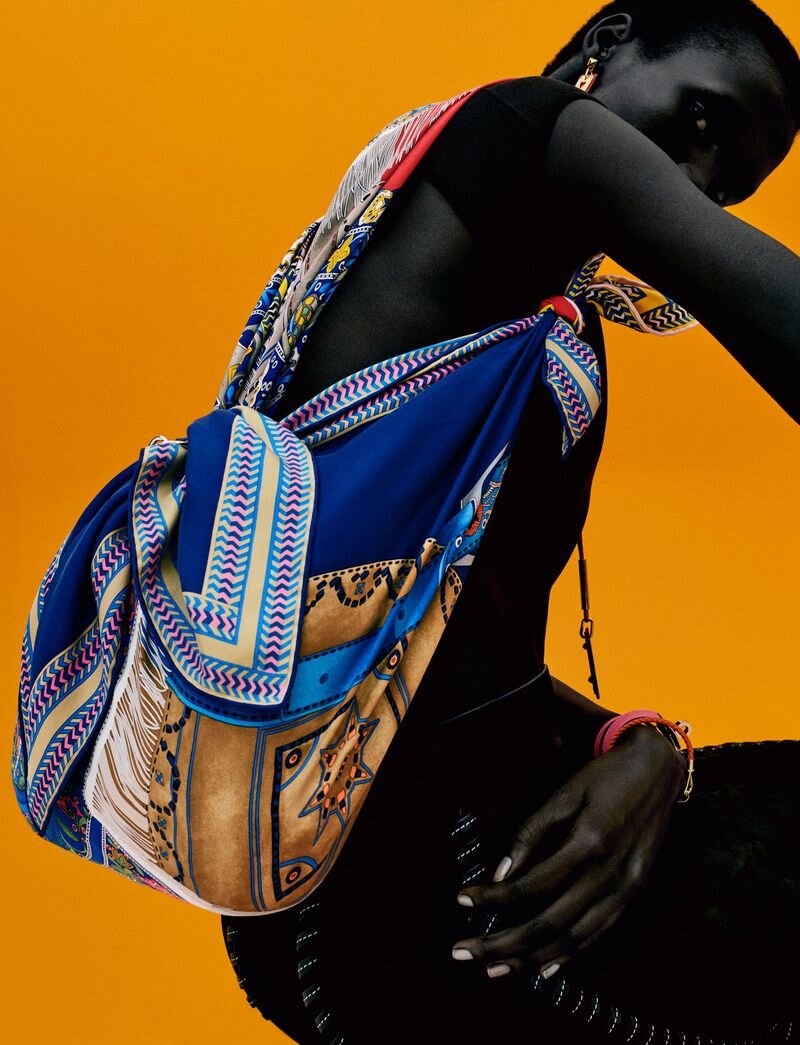'Guarding the Art' Security Officers Become Curators at Baltimore Museum of Art
/Seventeen museum security officers at the Baltimore Museum of Art are set to curate an exhibition “Guarding the Art”, opening in March 2022. The guards have access to some 95,000 artifacts in a variety of eras, mediums and cultures held by the BMA in a show provocatively poised to challenge the idea that only professional, academically-educated curators are qualified to produce exhibitions.
“The vast majority of people have a relationship to creative production that is intimate,” BMA director Christopher Bedford tells ARTnews. “In a sense it’s an experimental show, but it’s also entirely sensible given the familiarity the guards have with the objects.”
The initial press release about the exhibit is provocative, on its own. How many times have we observed or interacted with security guards at a museum without considering them as chefs, musicians, writers and more — creatives and scholars in their own right? What do we as museum visitors assume about their own scope of knowledge and insights about the experience of art?
Not much — after all, they’re security guards. There are flourishing opportunities for online dialogue and discussions on this concept. As close as I am to the social justice movement for decades as a core plank of my life, I never considered museum security guards as being creative talents in their own right. Now, the idea seems so self-evident — as creatives frequently struggle to pay the rent with their talent.
Do we imagine that they are reading books or researching online about paintings that inspire them? Many museum visitors do know that the security guards are often significant intellectual resources, endowed with a sometimes deep understanding of important paintings — as well as highly relevant but often overlooked paintings — in a museum.
The range of interests and primary vocations of the museum’s security guards drives the eclectic mediums beyond paintings that will be featured in the show.
Several of the guest curators seek works that speak to social justice, resilience during times of crisis and also the environment. Works currently under consideration for the exhibit include Emile-Antoine Bourdelle’s ‘Head of Medusa’ (Door Knocker) (1925), Jeremy Alden’s ‘50 Dozen’ (2005/2008), and Sam Gilliam’s ‘Blue Edge ‘(1971). A seated male figure (6th- to 10th-c.) from the Quimbaya civilization in Colombia is under consideration.
Additionally, the often-overlooked ‘House of Frederick Crey’ (1830-35) by Thomas Ruckle, which provides an early glimpse of Baltimore’s Mt. Vernon neighborhood, is being considered, and ‘Still Life with Large Shell’ (1939), Max Beckmann’s portrait of his wife, Mathilde, who was a violinist and singer is on the shortlist.
“As guest curators, the officers will be collaborating with leadership and staff across the museum to select and reinterpret works from a variety of eras, genres, cultures, and mediums—offering a particularly human-centered lens through which to consider the objects. In addition, the team is working with renowned art historian and curator Dr. Lowery Stokes Sims, who is providing additional mentorship and professional development.” via press release
The 17 officers who elected to participate are Traci Archable-Frederick, Jess Bither, Ben Bjork, Ricardo Castro, Melissa Clasing, Bret Click, Alex Dicken, Kellen Johnson, Michael Jones, Rob Kempton, Chris Koo, Alex Lei, Dominic Mallari, Dereck Mangus, Sara Ruark, Joan Smith, and Elise Tensley.
The idea of the exhibit is so innovative to AOC. Indeed, the participating officers do offer a particularly human-centered lens through which to consider the art objects. In addition to the personal and deep interaction officers have had with the offerings, they have invaluable insights into the observed behavior and interactions of countless museum visitors looking at the same art objects. Their questions of the security team at the Baltimore Museum provide yet another avenue of information about public response to the items that will be featured in “Guarding the Art.” ~ Anne
Related:
